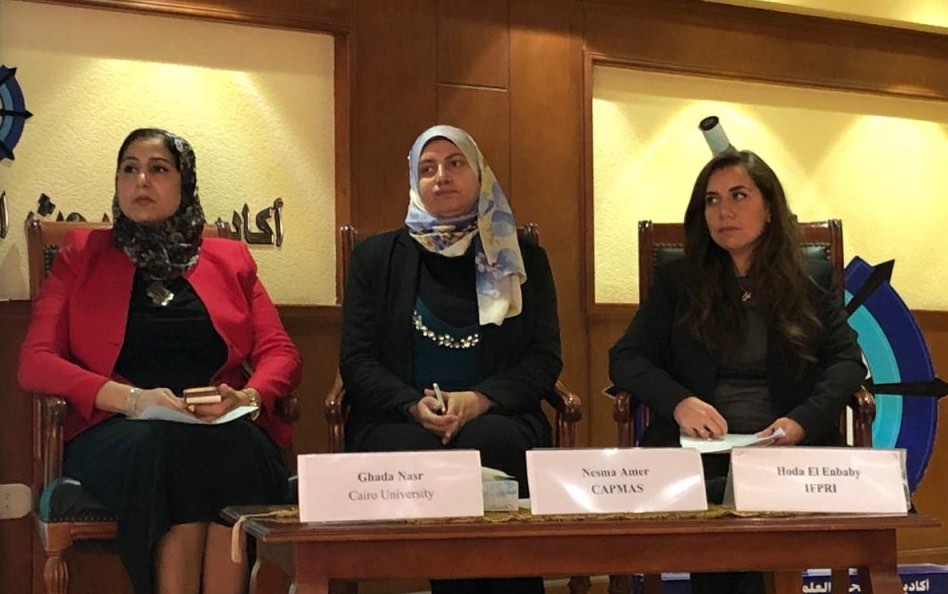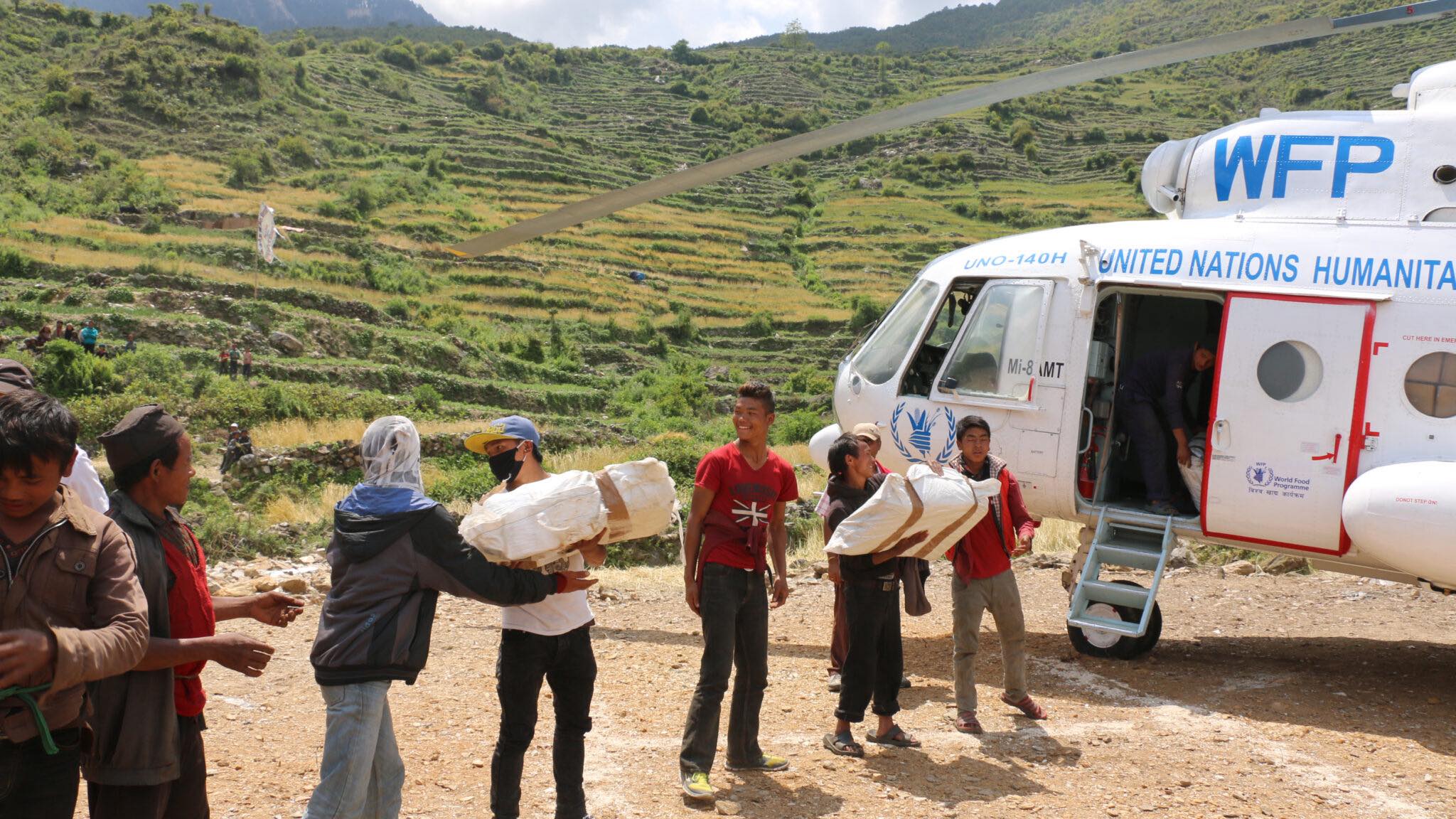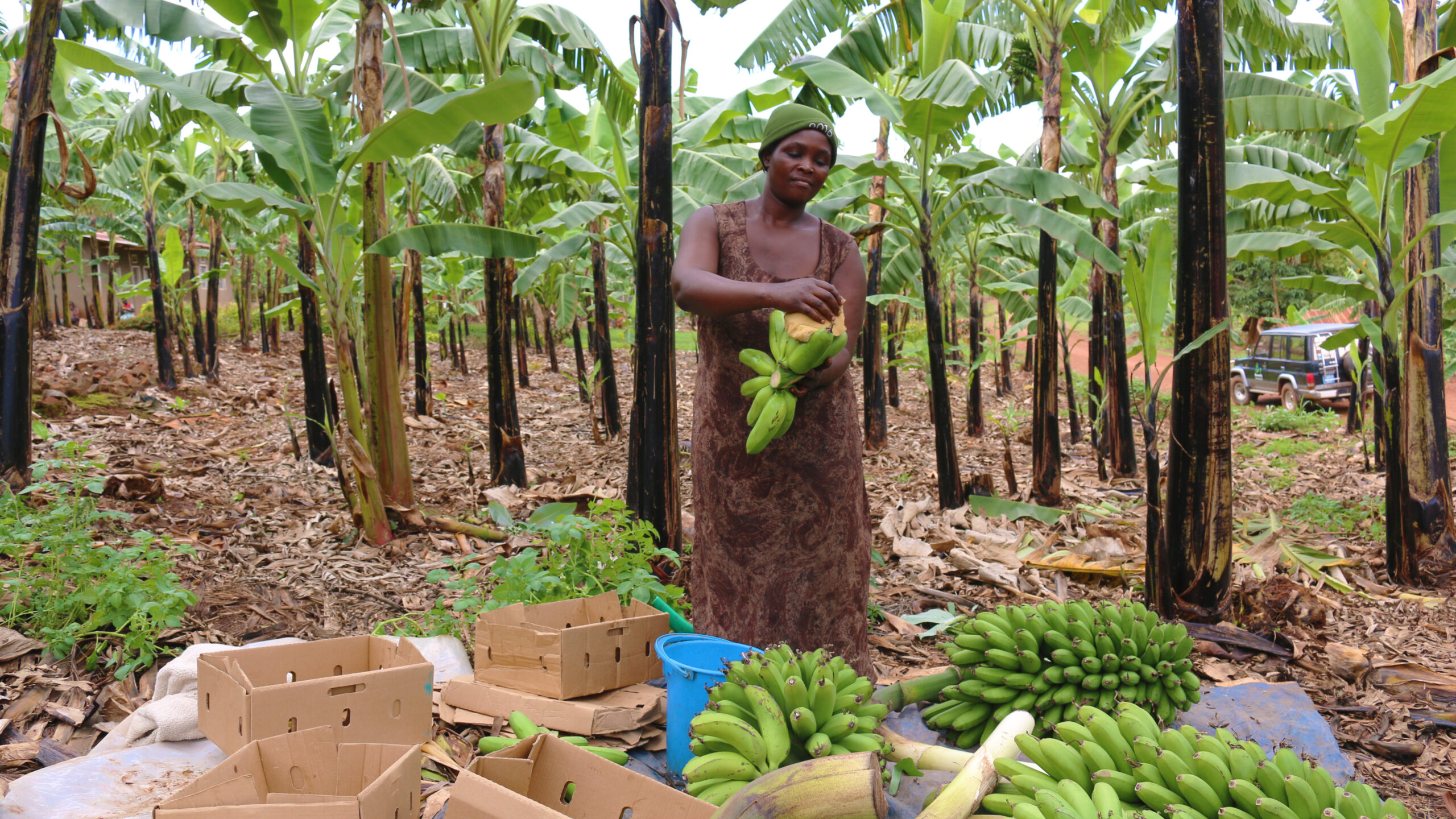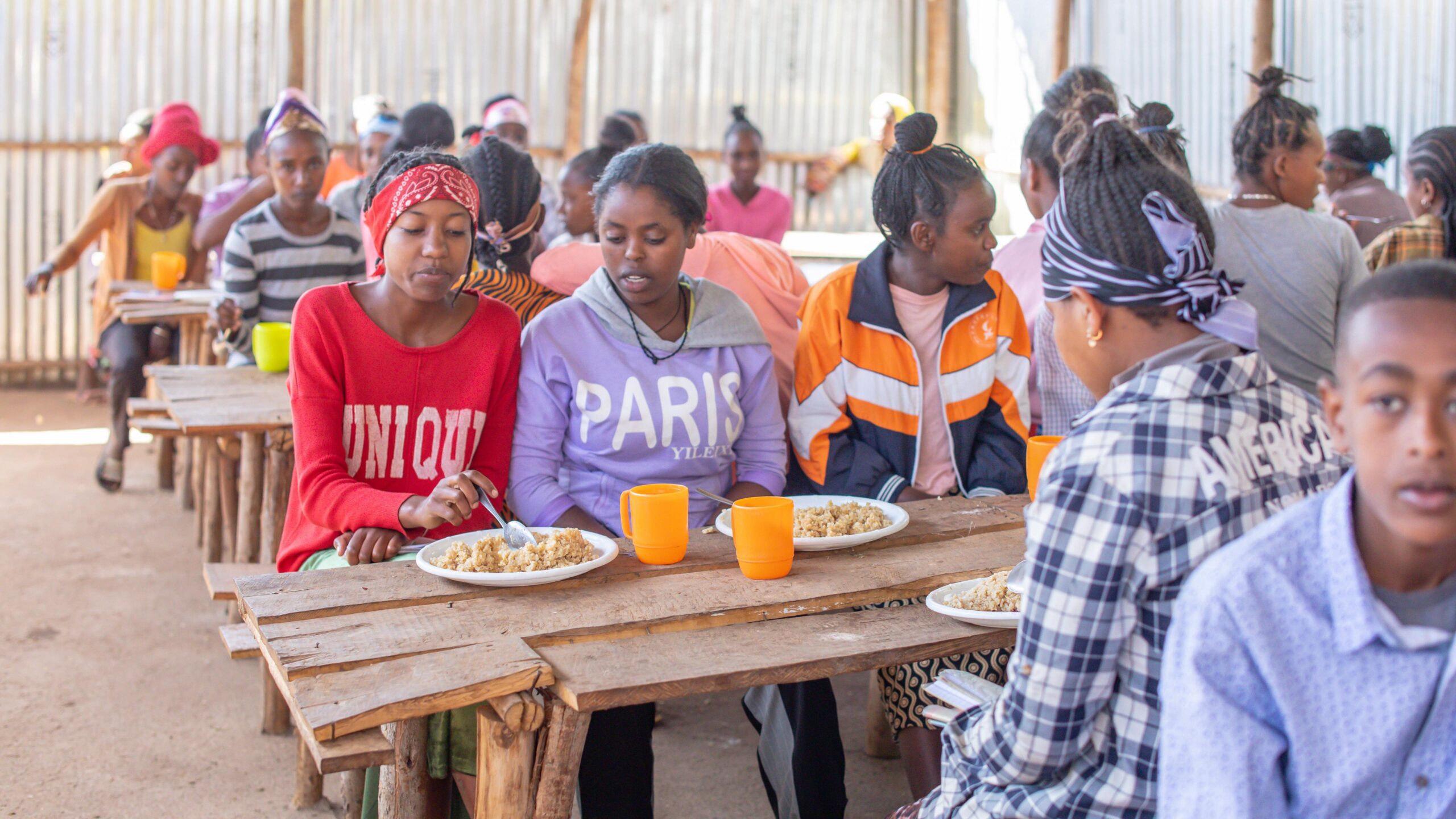Egypt’s national 100 Million Healthly Lives campaign aims to eradicate the “silent epidemic” of hepatitis C and raise awareness for controlling the spread of non-communicable diseases (NCD) such as high blood pressure, diabetes, and obesity. To support this initiative with research-based evidence, a recent IFPRI Egypt seminar explored the malnutrition challenges the country faces, including NCDs, and efforts to study and address them.
The Feb. 26 event, “100 Million Healthy Lives: Scientific Evidence on the Double Burden of Malnutrition in Egypt,” was co-sponsored by the National Nutrition Committee at the Academy for Scientific Research and Technology (ASRT).
For the first time in a public seminar, details of the Egypt initiative—“100 Million Health” for short—were presented by campaign director Reham Ghaleb, head of the cardiology department at the National Bank Hospital. In order to reach the target population of all adult Egyptians across the 27 governorates, she said, a comprehensive social marketing campaign is taking place in parallel with an NCD screening campaign. Ghaleb also announced that the Ministry of Health and Population (MoHP) will start screening of school children for anemia, stunting, and obesity.
Ahmed Khorshid, head of the National Nutrition Committee, noted the importance of a healthy population for the country’s development and called for innovative channels to convey nutrition knowledge to all people. Sameh Sorour, ASRT supervisor of scientific and cultural relations, announced that the organization will soon launch a research call on malnutrition in Egypt.
National Nutrition Institute (NNI) Representative Wafaa Fahmy examined the organization’s role in 100 Million Health. Through its specialized outpatient clinics, NNI provides nutrition consultations and promotes nutritional well-being for all age groups. NNI is also training hospital personnel in Egypt’s universal health care system to screen school children for anemia, stunting, and obesity.
IFPRI Research Associate Hoda El-Enbaby noted the rising problem of the “double burden of malnutrition”—the coexistence of undernutrition along with overweight and/or obesity at the household level and even the individual level (e.g. a stunted child who is also overweight or obese). Policy makers and the development community should make use of three principal channels for improving nutrition, she said: Evidence and research, policy and governance channel, and capacity strengthening. One promising policy tool for addressing malnutrition is cash transfers, El-Enbaby said, noting that IFPRI’s impact evaluation for Takaful and Karama program of the Ministry of Social Solidarity shows that cash transfers had a positive impact on the quality of diets for Takaful beneficiaries.
Sahar Zaghloul, deputy head of the National Nutrition Committee, outlined a multidimensional framework for controlling obesity in Egypt, explaining the health complications associated with obesity and the socioeconomic factors that contribute to the problem. NCDs should be a higher priority for Egypt’s government agencies, she said, which should undertake comprehensive coordinated actions involving all stakeholders.
Ghada Radwan, professor of public health and community medicine at the Cairo University Faculty of Medicine, presented best practices for strengthening national efforts to address the burden of NCDs, and the role of the NCDs unit at the MoHP in adapting the WHO action plan for the prevention and control of NCDs to the Egyptian context.
In her presentation, Nesma Amer, statistician at the Central Agency for Public Mobilization and Statistics (CAPMAS), reported on the nutrition status among children in Egypt based on the household income, expenditure and consumption survey (HIECS) data collected by CAPMAS. In addition, she showed some results on the association between stunting on the one hand, and poverty, overcrowding and access to sanitation on the other hand. For example, HIECS 2015 results show that 17% of children in households that do not have access to sanitation are stunted.
FAO regional nutrition officer Nomindelger Bayasgalanbat focused on the linkages between agriculture and nutrition, with lessons learned from an FAO project that provided field training in agricultural practices and nutrition education to households in Upper Egypt and introduced better crop varieties with high nutritional value. The project showed the importance of adapting strategies that increase local opportunities for gainful livelihoods, she said.
Presenters agreed on the following recommendations:
- Increase data sharing and communication among ministries and NGOs working in areas related to nutrition, with attention to making data accessible to researchers so that there can be a greater consensus on the current levels and patterns of NCDs, obesity and undernutrition in Egypt.
- Publicize what is currently known about the underlying causes of malnutrition in Egypt through the release of policy briefs.
- Take advantage of the current political energy around non-communicable diseases through 100 Million Healthy Lives to focus the attention of policy makers on the need for a comprehensive approach to nutrition planning, given intersections between policies in areas as diverse as education, health care, food affordability, agricultural production, trade and urban planning.
- Encourage Egypt’s scientific community to take advantage of the ASRT call for proposals to generate rigorous evidence on the effectiveness of interventions to improve nutritional status.
Mai Mahmoud is an Senior Research Assistant and Sikandra Kurdi is an Associate Research Fellow with IFPRI’s Egypt Office in Cairo. This post also appears on the IFPRI Egypt blog.







